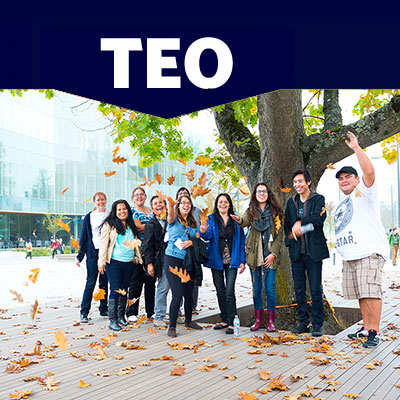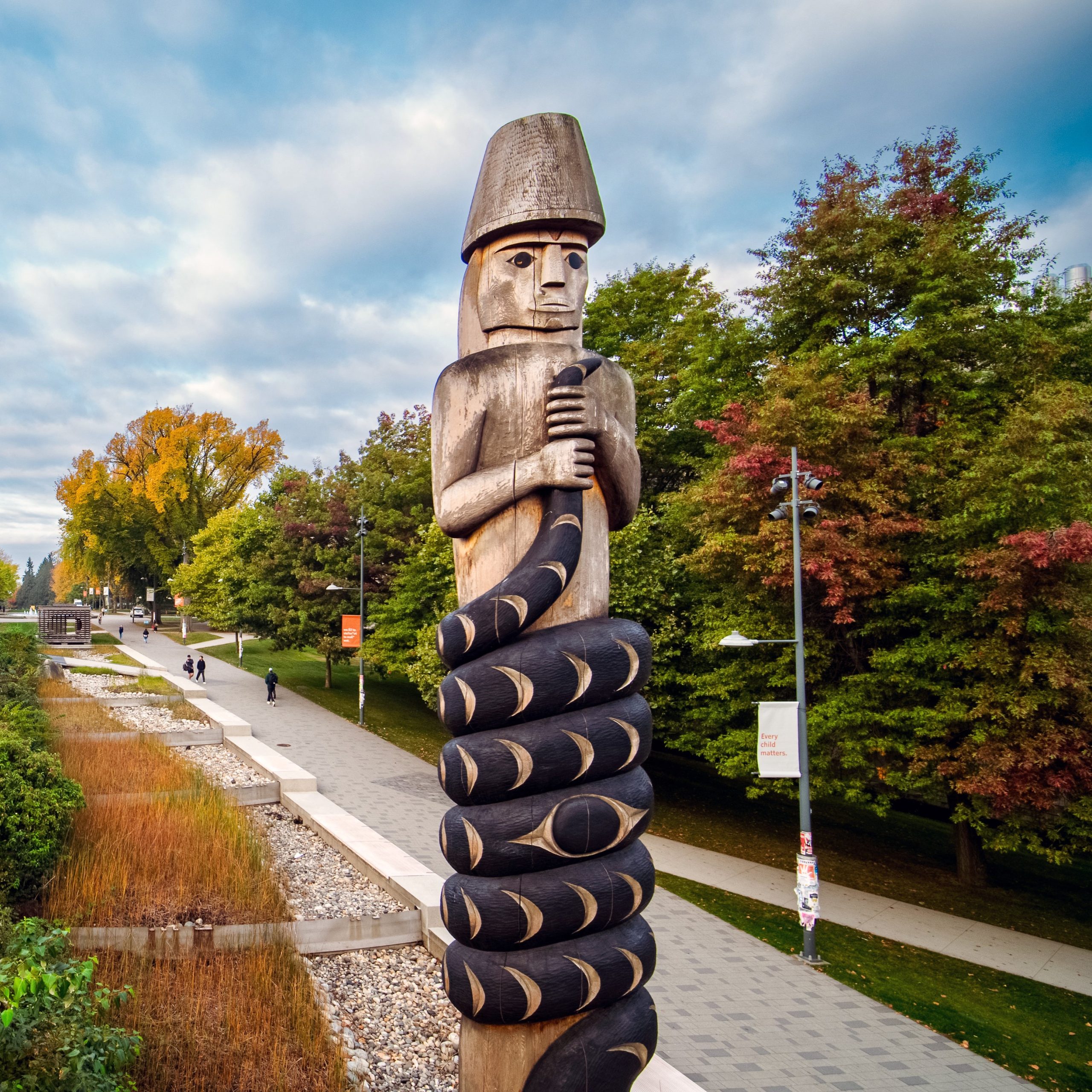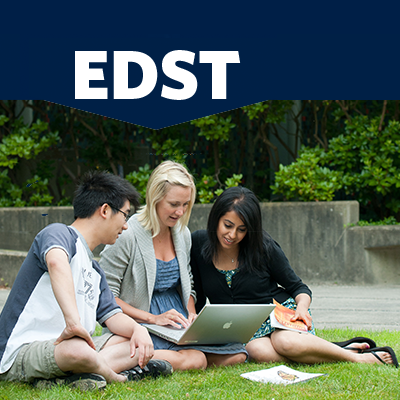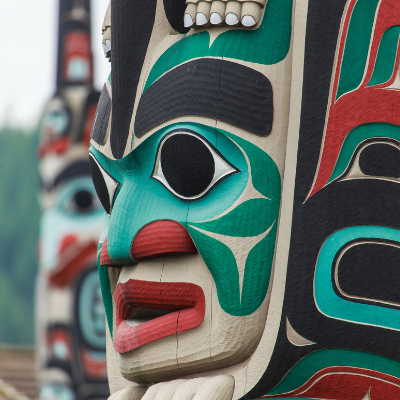
Bachelor of Education (BEd) – Indigenous Teacher Education Program – NITEP
Graduates of the BEd program (Elementary or Secondary) are prepared to be effective educators for public, band-operated and independent schools. The First Nations Education Council, which developed and advises the program, is made up of Aboriginal educators, UBC Faculty, coordinator representatives, a BCTF representative, and NITEP student representatives.
As a contemporary program with traditional values, NITEP truly exemplifies how culture can be integrated within a mainstream post-secondary institution. Students may begin NITEP in one of three field centres throughout BC, allowing students to maintain their connection to home and community while pursuing their education. The cohort structure of NITEP allows students to bond and become a family as they experience the program together. Students have likened their experience to a canoe journey; the more they pull together the easier it becomes. NITEP students and graduates are role models and agents of change and empowerment.

Institute – Engaging with Indigenous Curriculum
This institute is designed to support BC educators with the Indigenous-focused graduation requirement course introduced in the 2023-2024 academic year and with decolonizing and Indigenizing their teaching practices.
There is cause for optimism and excitement based on the new graduate requirement. Robust support is essential for teachers leading these courses to ensure confidence in content and pedagogy. While there are a diversity of courses being offered, there are common threads and concepts that are imperative to lead Indigenous education in secondary education. The aim of the spring institute is to support teachers in building on their learning to gain expertise in these areas.
The in-person institute will emphasize a growth of knowledge of Indigenous histories, decolonization, Indigenous Knowledges, and anti-oppression. Led by renowned Indigenous scholar and educator, Dr. Dustin Louie, participants will be supported in positioning themselves in relation to the work, while expanding and shifting their thinking on what is possible for an Indigenous graduate requirement course.
We view all teachers as having a place in leading these courses, but the imperative first step is recognizing our positionality and how it directs us in our teaching. There will be a focus on how to regionalize your curriculum to represent your community’s Indigenous Knowledges and cultures, while also considering localized experiences of colonization to ensure the design is responsive and avoids pan-Indigenous approaches.

Master of Education (MEd) – Ts’’kel- Indigenous Educational Leadership and Resurgence EdD pathway
Ts’‘kel, which means golden eagle in the Hal’qemeylem language, was originally established in 1984 as a program of study leading to a Master of Education in Administration. Ts’‘kel students are engaged in interdisciplinary research on social and educational topics related to schooling, Aboriginal community development, and historical and theoretical work that has a direct relationship to First Nations health and welfare.
Ts’‘kel is an integrated program for advancing Aboriginal access and Indigenous content in education and across disciplines throughout UBC. Students do not apply to Ts’‘kel, but to the department and a graduate program of their choice.

Master of Education in Indigenous Education – Online Cohort
A focus on Indigenous education policy, curriculum, and community relationships.
A program that will equip educators to respond to Indigenous Education initiatives across the province of British Columbia.

MOOC – Reconciliation Through Indigenous Education
This course will help you envision how Indigenous histories, perspectives, worldviews, and approaches to learning can be made part of the work we do in classrooms, organizations, communities, and our everyday experiences in ways that are thoughtful and respectful. In this course, reconciliation emphasizes changing institutional structures, practices, and policies, as well as personal and professional ideologies to create environments that are committed to strengthening our relationships with Indigenous peoples.
For educators, this means responding to educational reforms that prioritize improved educational outcomes for Indigenous learners. In addition, educators must support all learners to develop their knowledge and understanding of Indigenous people’s worldviews and cultures as a basis for creating equitable and inclusive learning spaces. To support these goals, teachers, administrators, young people, school staff, and researchers will learn from Indigenous Elders, educational leaders, and culturally relevant learning resources as part of their experiences in this MOOC.
For others who want to build their own competence and the capacity of those around them to engage in relationships with Indigenous peoples based on intercultural understanding, empathy, and respect, this course will help get you started in this process.